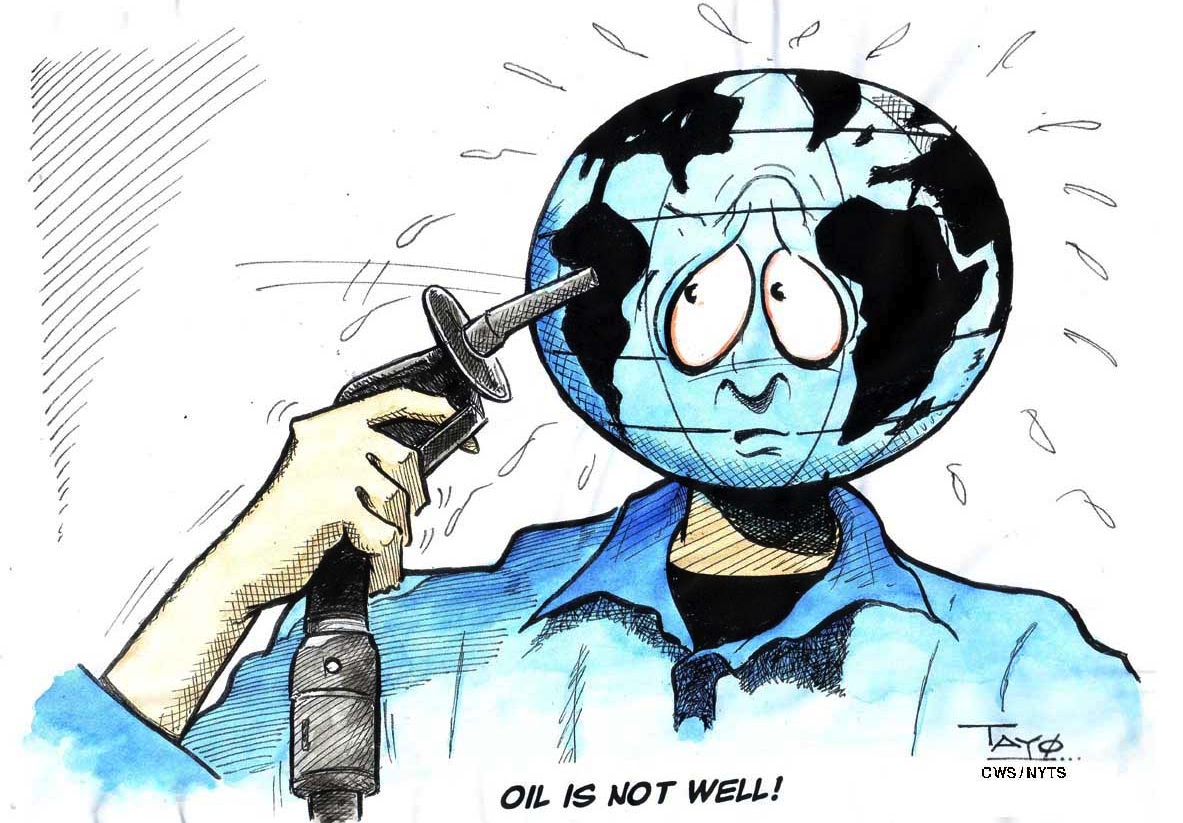Anti-corruption campaigners achieved a number of crucial victories in 2016, not least by ensuring accountability for one of Big Oil's most crooked deals: the acquisition of Nigerian offshore oil block OPL 245 in 2011 by Royal Dutch Shell and Eni, Italy's largest corporation. Last December, Nigeria's Economic and Financial Crimes Commission indicted some of the Nigerians involved, and Italian prosecutors then concluded their own investigation, bringing the executives and the companies responsible for the deal closer to standing trial.
Several months earlier, in June 2016, the U.S. Securities and Exchange Commission published a rule, under Section 1504 of the 2010 Dodd-Frank Act, requiring oil, gas and mining companies to disclose all payments made to governments on a project-by-project basis. If the SEC had issued its rule earlier, Shell and Eni most likely would not have gone ahead with the OPL 245 deal, because they would have had to disclose their payment. But opposition from the oil industry delayed the rule, so the companies were able to conceal their payment.
Last year also marked the first time in millions of years that the concentration of CO2 in the atmosphere reached 400 parts per million. While the Paris climate agreement was hailed as a major success when it was concluded in December 2015, many signatories have displayed a remarkable lack of ambition in upholding their carbon-reduction commitments. To understand why is to see the sheer extent to which our systems of government have been captured by the corrupting influence of vested interests.



